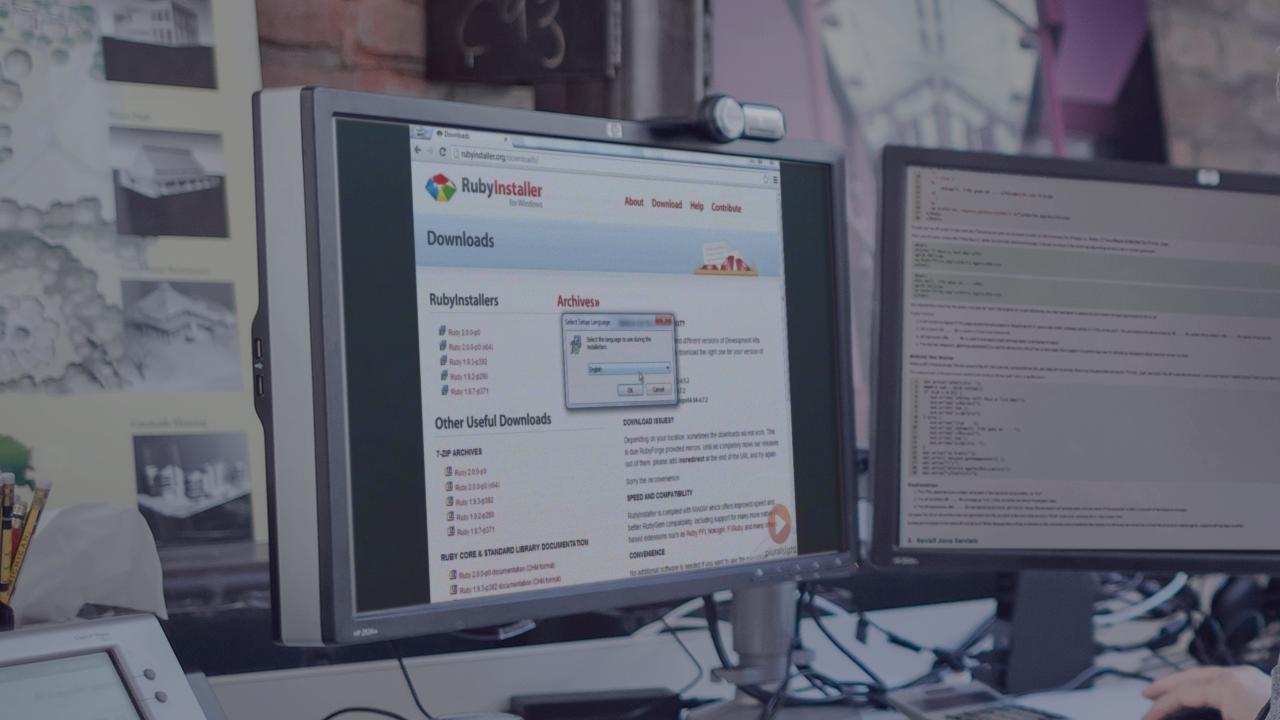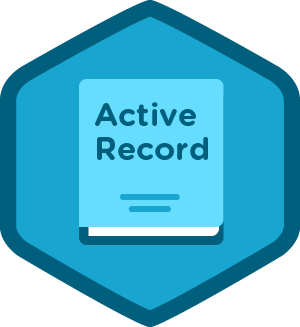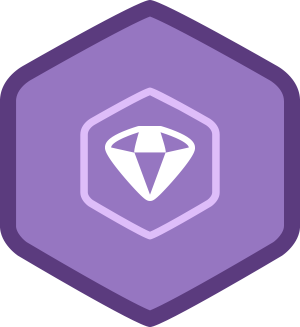Description
In this course, you will :
- learn about all of the language's key features, including classes, methods, blocks, and modules.
- learn about some of Ruby's standard types, such as strings, arrays, hashes, and regular expressions.
- also be introduced to the tools and techniques required to write real-world software, such as testing, debugging, and packaging.
Syllabus :
1. Classes and Objects
- Creating Classes and Objects
- Instance Variables and Methods
- Accessors and Virtual Attributes
- Initialization and Cleanup
- Inheritance
- Class Methods and Variables
- Method Visibility
- Executable Class Bodies and self
- Open Classes and Monkey Patching
- Equality
2. Flow Control
- Branching
- Conditional Initialization
- Flow Control Using and/or
- Case Statement
- Looping Constructs
- Looping with Iterators and Blocks
- Controlling Loop Flow
- Handling Exceptions
- Raising Exceptions
- Exceptions: ensure and else Clauses
- Exceptions: Retrying and Rescue Modifier
- Throw and Catch
3. Standard Types
- Booleans
- Numbers
- Strings
- String Operators and Methods
- Regular Expressions
- Symbols
- Arrays
- Enumerable
- Hashes
- Ranges
- Parallel Assignment
4. Methods in Depth
- Default Parameter Values
- Variable Length Parameter Lists
- Keyword Arguments
- Method Aliasing
- Operators
- Method Calls as Messages
- method_missing
5. More Ruby Tools: Blocks, Constants, Modules
- Blocks
- Block Local Variables
- Using Blocks
- From Block to Proc
- Lambdas
- Using Procs and Lambdas
- Constants
6. Putting Ruby to Work
- Organizing Source Code
- Gems and Managing Dependencies
- Testing Frameworks
- Debugging Tools
- Packaging and Distributing Code









